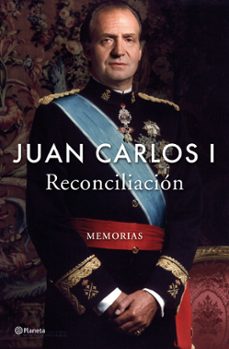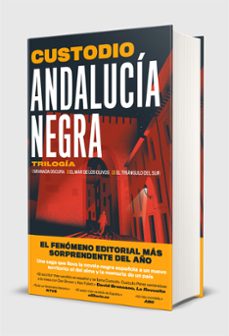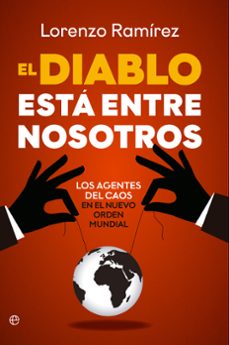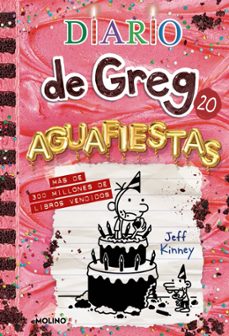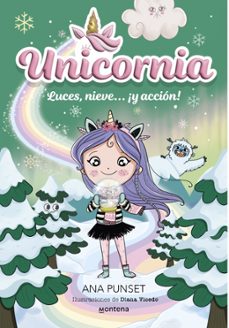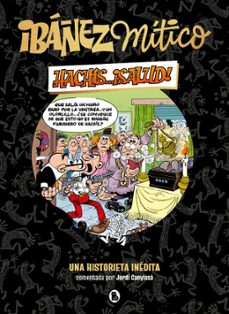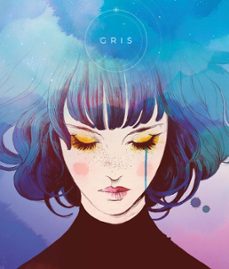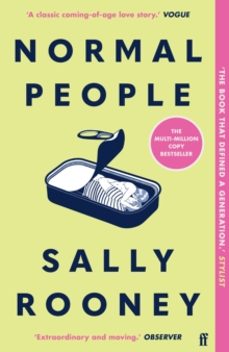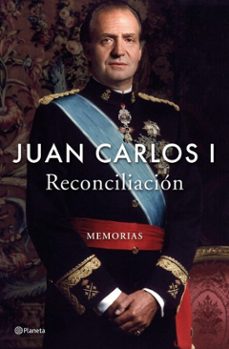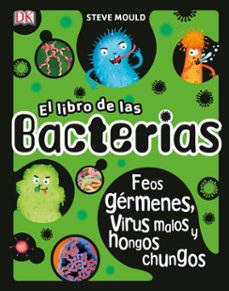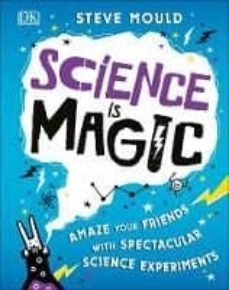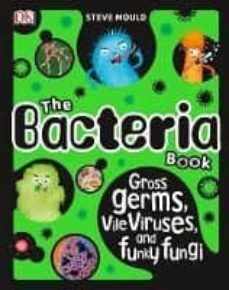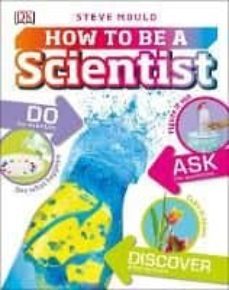Imprescindibles
Ficción
No Ficción
Ciencias y tecnología Biología Ciencias Ciencias naturales Divulgación científica Informática Ingeniería Matemáticas Medicina Salud y dietas Filología Biblioteconomía Estudios filológicos Estudios lingüísticos Estudios literarios Historia y crítica de la Literatura
Humanidades Autoayuda y espiritualidad Ciencias humanas Derecho Economía y Empresa Psicología y Pedagogía Filosofía Sociología Historia Arqueología Biografías Historia de España Historia Universal Historia por países
Infantil
Juvenil
#Jóvenes lectores Narrativa juvenil Clásicos adaptados Libros Wattpad Libros Booktok Libros de influencers Libros de Youtubers Libros Spicy Juveniles Libros LGTBIQ+ Temas sociales Libros ciencia ficción Libros de acción y aventura Cómic y manga juvenil Cómic juvenil Manga Shonen Manga Shojo Autores destacados Jennifer L. Armentrout Eloy Moreno Nerea Llanes Hannah Nicole Maehrer
Libros de fantasía Cozy Fantasy Dark academia Hadas y Fae Romantasy Royal Fantasy Urban Fantasy Vampiros y hombres lobo Otros Misterio y terror Cozy mistery Policiaca Spooky Terror Thriller y suspense Otros
Libros románticos y de amor Dark Romance Clean Romance Cowboy Romance Mafia y amor Romance dramatico Romcom libros Sport Romance Otros Clichés Enemies to Lovers Friends to Lovers Hermanastros Slow Burn Fake Dating Triángulo amoroso
Cómic y manga
Novela gráfica Novela gráfica americana Novela gráfica europea Novela gráfica de otros países Personajes, series y sagas Series y sagas Star Wars Superhéroes Cómics DC Cómics Marvel Cómics otros superhéroes Cómics Valiant
eBooks
Literatura Contemporánea Narrativa fantástica Novela de ciencia ficción Novela de terror Novela histórica Novela negra Novela romántica y erótica Juvenil Más de 13 años Más de 15 años Infantil eBooks infantiles
Humanidades Autoayuda y espiritualidad Ciencias humanas Economía y Empresa Psicología y Pedagogía Filosofía Historia Historia de España Historia Universal Arte Cine Música Historia del arte
Ciencia y tecnología Ciencias naturales Divulgación científica Medicina Salud y dietas Filología Estudios lingüísticos Estudios literarios Historia y crítica de la Literatura Estilo de vida Cocina Guías de viaje Ocio y deportes
Steve Mould
Recibe novedades de STEVE MOULD directamente en tu email
Filtros
Del 1 al 5 de 5
DK 9780241511459
Conoce a las baterías, virus y otros microbios que te rodean pero que son demasiado pequeños para que puedas verlos.En este increíble libro para niños, el científico Steve Mould revela hechos divertidos e interesantes sobre bacterias, virus y otros germenes y microbios. El libro de las bacterias explora por que necesitamos bacterias en nuestro dia a dia e introduce a los lectores a sus compañeros: los virus, los hongos y protozoos.Las baterias son los organismos vivos mas importantes en la Tierra, casi su gran mayoria no son dañinas, sino que nos ayudan a muchas cosas. Sin ellas, no podriamos comer pan o queso, o nuestros cuerpos no podrian ser capaces de funcionar tal y como lo necesitamos.Con impresionantes fotografias, ilustraciones que muestran a estos seres que haran que los cientificos jovenes no quieran cerrar sus paginas.
Ver más
eBook
DK 9780241358269
Learn how to perform magic tricks and illusions using simple science experiments in this children's activity book for kids aged 7-9. Join science presenter Steve Mould, #1 bestselling author of How to be a Scientist, to find out the secrets behind amazing magic tricks. Learn how to bend water with a balloon, make a glass beaker disappear in oil, and wow your friends with levitating tinsel! Each magic trick is explained using step-by-step photography, with the science behind each one described clearly and simply. Plus, interspersed throughout the book you'll find out how legendary magicians and illusionists, such as Harry Houdini, used science when performing their most famous tricks. Kids will love impressing their friends and families with simple magic tricks that teach them valuable science lessons at the same time. Packed with optical illusions and fun facts - Science is Magic is a must for any wannabe scientist or magician.
Ver más
Tapa dura
DK 9780241316580
Longlisted for the Best Book of Facts Award in the Blue Peter Book Awards 2018 Meet the bacteria, viruses, and other germs and microbes that are all around, but too small for us to see, in this children's science book by bestselling author and science comedian Steve Mould. What do a squid that glows, fungus that grows, and tiny creatures in the soil under your toes all have in common? Find out in this dynamic and engaging book all about bacteria, viruses, and other germs and microbes. The Bacteria Book perfectly walks the line between "ew, gross!" and "oh, cool!", exploring why we need bacteria and introducing readers to its microbial mates: viruses, fungi, algae, archaea, and protozoa. The Bacteria Book is a fun and informative introduction to a STEAM subject that brings kids up-close to the big world of tiny science. With remarkable photography, kooky character illustrations, and lots of fun facts, this book uses real-life examples of microbiology in action to show how microbes keep our bodies and our world running.
Ver más
Tapa dura
DK 9780241283080
Discover the skills it takes to become a scientist in DK's new science book for kids with science presenter and comedian Steve Mould. Being a scientist isn't just about wearing a lab coat and performing science experiments in test tubes. It's about looking at the world and trying to figure out how it works. As well as simple science experiments for kids to try, How to Be a Scientist will teach them how to think like a scientist and ask questions including: why doesn't pineapple jelly set, how do you grow your own crystals, and how does a black and white image turn to colour? For every scientific concept the child learns they will be encouraged to find new ways to test it further. Fun questions, science games, and real-life scenarios make science relevant to children. In How to be a Scientist the emphasis is on inspiring kids, which means less time spent in stuffy labs and more time in the real world!
Ver más
Tapa dura
DK 9780241366714
Conoce a las baterías, virus y otros microbios que te rodean pero que son demasiado pequeños para que puedas verlos. En este increíble libro para niños, el científico Seve Mould revela hechos divertidos e interesantes sobre bacterias, virus y otros germenes y microbios. The bacteria book explora por que necesitamos bacterias en nuestro dia a dia e introduce a los lectores a sus compañeros: los virus, los hongos y protozoos. Las baterias son los organismos vivos mas importantes en la Tierra, casi su gran mayoria no son dañinas, sino que nos ayudan a muchas cosas. Sin ellas, no podriamos comer pan o queso, o nuestros cuerpos no podrian ser capaces de funcionar tal y como lo necesitamos. Con impresionantes fotografias, ilustraciones que muestran a estos seres que haran que los cientificos jovenes no quieran cerrar sus paginas.
Ver más
Tapa dura
Del 1 al 5 de 5
